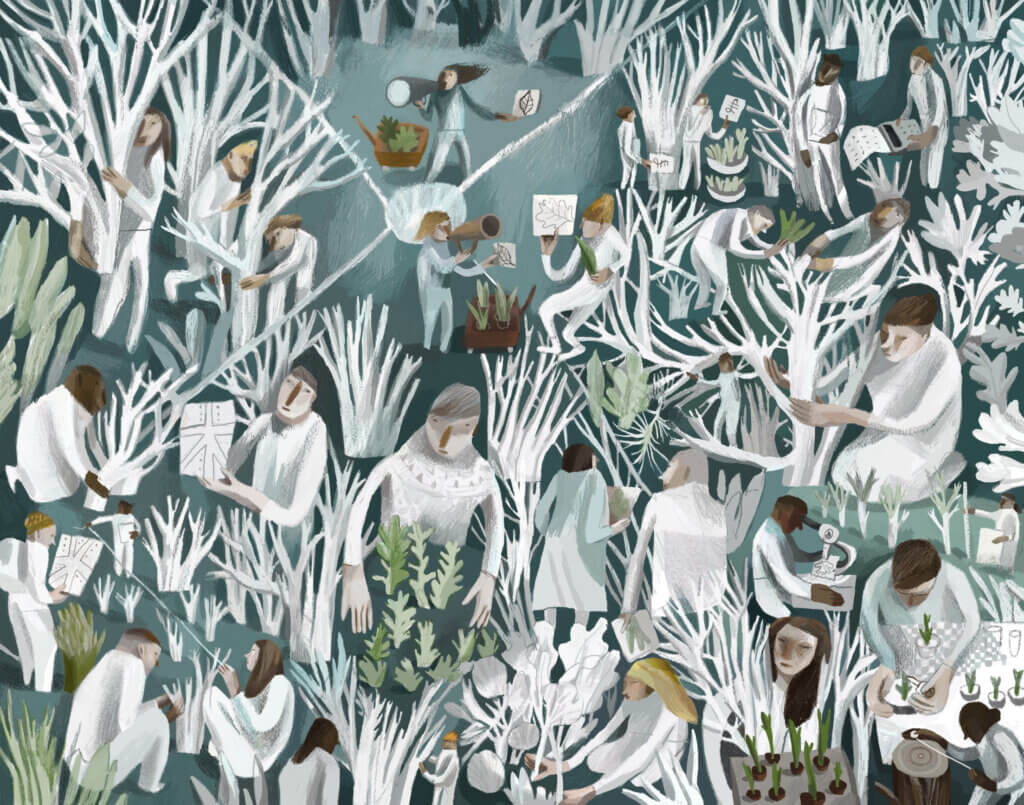About
FieldWorks launches with an online interdisciplinary symposium that explores art and design practices in the public and civic domain. It takes the form of conversations with leading researchers whose innovative projects span local, national and international perspectives. They are joined by staff and students in the School of Arts.

A field is a spatial metaphor; whether we mean it as an area of study or expertise, or the ‘real world’ where we go to do the tough and unpredictable task of field work.
A field, in its earliest sense, meant an open area that could be worked upon: for pasture, agriculture, or battle. A field is a human space, a site of interaction between people and what sustains them. A field is always a site of human ecologies. Field has expanded meanings now: a resource site (an oil field), an area of vision (a field of view), a region of forces (gravitational field), a virtual space that awaits information.
Field work, in the natural, social or environmental sciences, means leaving the lab or the library and collecting information from its original context. It’s more widely come to suggest working in shifting, patchy or complex environments, whether for managers of multi-nationals or for policy-makers trying to understand how ‘real’ people feel. Methods have been developed for carrying out such research: however researchers are aware that the field is a messy place. It may be productive and sustaining, or it may be a battlefield. The researcher’s field of view is not the only one possible. It may be a region of forces: economic, political, global, unjust, historic. Those forces might be imaginative or utopian.
Public space and what constitutes the civic domain – the shared field of our lives – has been a site of intense interest to art and design practitioners in recent years. In the absence of care for civic space (both actual and imaginative), creative practice-led research in art and design has explored not just what this shared field is, but what it could be. Field work of this kind tries to identify the forces at play (or war), while asking how this field might be made more equitable, liveable, inclusive, or just. The methods these researchers use are often collaborative, open-ended, provisional or incremental. They may be borrowed from the social sciences, but often seek different outcomes: demonstrating possibility, not data. They might use imagination, memories of the future we’d hope to live in.
FieldWorks is an ongoing investigation of these methods and how they work. We will learn from creative researchers, from their fields of expertise, and from the fieldwork that shapes their practice.
As it develops, it will also become a platform for student research in our postgraduate community, across the School of Arts.
jboyd@glos.ac.uk
FieldWorks is supported by the Janet Trotter Trust and Your Future Plan, University of Gloucestershire.